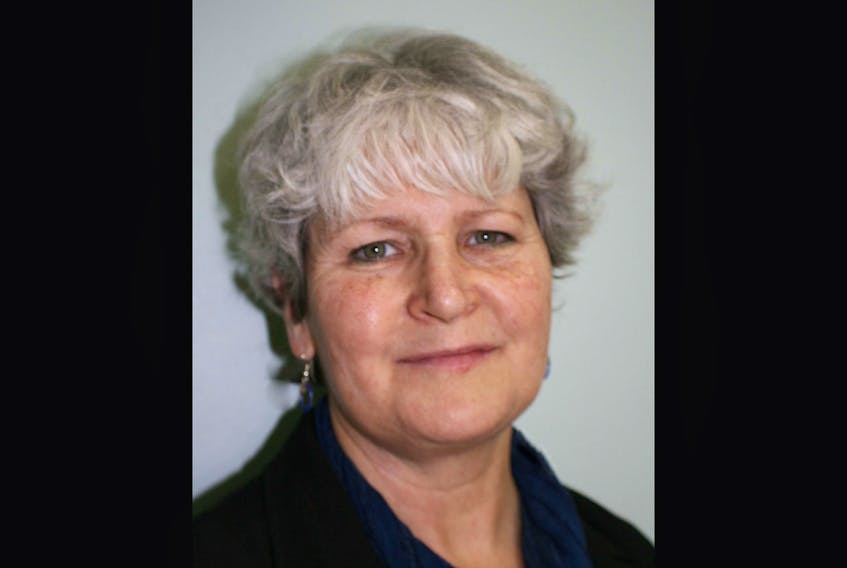Healthy Aging
By Patricia Harrington
When I was hearing about all of the commemorations surrounding the anniversary of the sinking of the Titanic a few years ago, it made me think a lot about anniversaries.
I have always thought of an anniversary as a happy occasion, not a remembering of a tragic event. I looked into this more and learned much about ‘anniversary reaction’ and how dealing with anniversaries when there are sad times is very important in playing a part of aging well.
I had conversations with friends on the topic and I found a website called Journey of Hearts, which is a resource about grieving, a virtual holding of our hands as it attempts to help us come to grips with our grieving process.
The website founder Kirsti A. Dyer, MD, MS, FAAETS, writes that each person travels on his or her own unique journey in experiencing loss, but we do share some similar feelings of loss, anger, depression, loneliness, fear, frustration and desperation. An ‘anniversary reaction’ is an individual’s response to unresolved grief resulting from significant losses.
When I thought about the Titanic tragedy being over 100 years ago and having not experienced it firsthand, it seemed odd for me to experience sad feelings. As a result of the re-creation of the event through the movie though, I thought this may play a factor. When I watched the movie years ago I kept thinking about it as something people really went through, a real event, not just something out of someone’s imagination. I found the movie very powerful, but I cannot ever watch it again, I find it deeply sad.
People who experience sadness first hand do not have that luxury of being able to turn off the event; they mourn first hand as the event is a part of their life. Elisabeth Kubler Ross MD, states, “People in mourning have to come to grips with death before they can live again. Mourning can go on for years and years. It doesn’t end after a year, that’s a false fantasy. It usually ends when people realize that they can live again, that they can concentrate their energies on their lives as a whole, and not on their hurt and guilt and pain.”
How people cope during these difficult times is individual, but many suggestions are available; a commemorative ceremony, making a donation, helping others, dedicating the day to spend with family or lighting a candle. There are many different ways to help the healing. Limiting exposure to news events about a tragic event is also a coping strategy, so I guess my avoidance of watching the Titanic movie again (especially in 3D) is just a normal coping method for me.
Although anniversaries are not always the happy occasions we wish them to be, there are many ways in which we can cope to help our healing. Dealing with the loss of a loved one is, in essence, like a slow recovery from a sickness, a recovery of one's self.
For any further information about how to cope with grief from loss the Tantramar Hospice Palliative Care Organization has a resourceful website www.thpco.ca which includes contact information for grief support. There is also a Canadian website http://www.virtualhospice.ca/ that has supportive resources.
Patricia Harrington is executive director at Westford Nursing Home in Port Elgin. She believes it is important to share information on everyday concerns as we age and enjoys promoting these important aspects that will help our older population in aging well. She can be reached by email at mailto:[email protected] or by phone at 506-538-1301.
RELATED:
Healthy Aging: Learning more about living with dementia
Healthy Aging: Aging well with laughter as a tool
Healthy Aging: It’s important to have fun as we age









